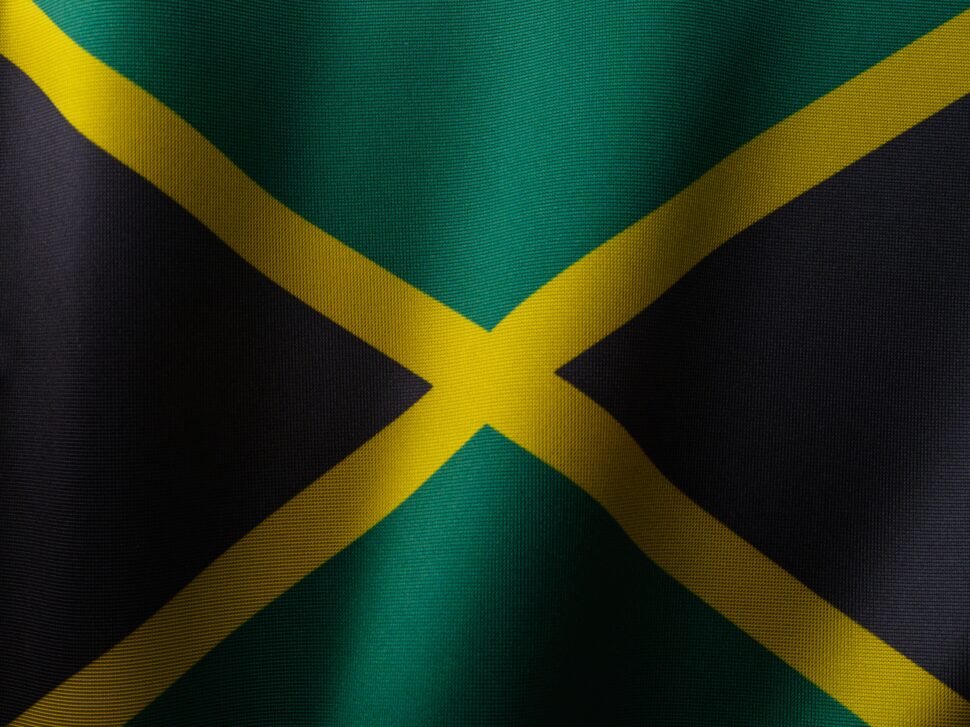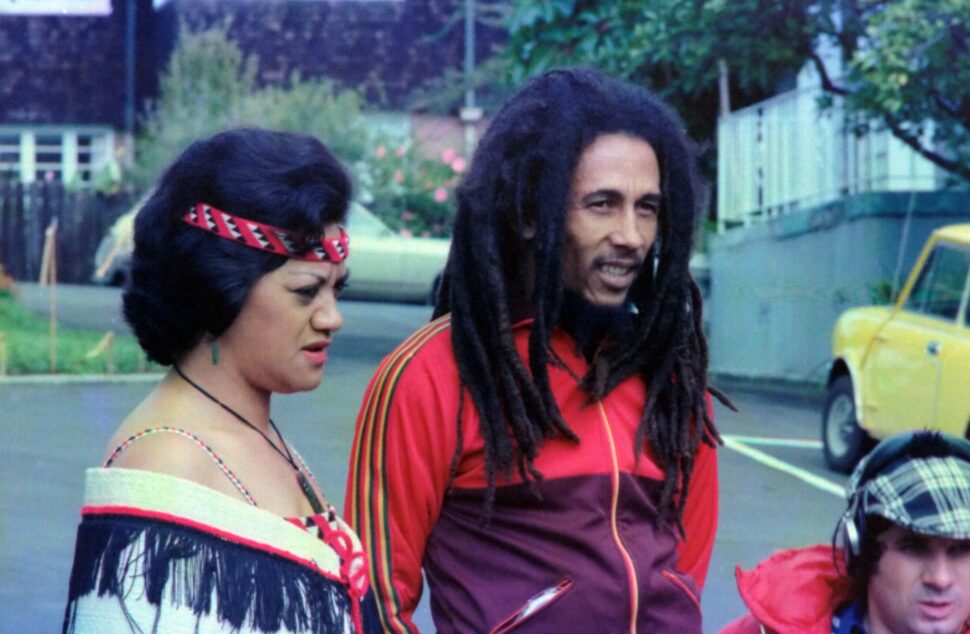Jamaica, the largest English-speaking island in the Caribbean, has international reach. This is especially true in the realms of music, pop culture, sports, and even politics.
Here are 5 symbols that bear cultural significance to Jamaica and its people.
The Flag

The Jamaican flag is instantly recognizable. It’s the only flag in the world that doesn’t incorporate red, white, or blue. It debuted at midnight on August 6, 1962, while the British Union Jack was symbolically lowered.
According to Jamaica Information Service, “Black depicts the strength and creativity of the people. Gold is the sunlight and green signifies hope and agricultural resources.”
The Doctor Bird

The name Doctor Bird refers to a kind of hummingbird native to Jamaica, the Swallowtail.
Beyond being adorable, Doctor Bird has a special place in Jamaican folklore. The island’s first inhabitants, the Arawaks, believed these birds had magical powers.
Some say that the bird gets its name from its crest and long black tail which recall the uniforms doctors used to wear back in the day. Others point to its long, needle-like beak.
One Jamaican saying shows reverence for this bird, “Doctor Bird a cunny bud, hard bud fi dead.” This means that the bird is too cunning to kill.
The Motto

Jamaica’s motto, “Out of Many, One People,” reflects its cultural diversity.
While most of its inhabitants are of African descent, there are also those of Indian, Chinese, Arab, and European heritage. This is due to a combination of slavery, indentured servitude, and immigration.
The National Dish

It’s amazing what curry or jerk season can do for a dish, especially when a Jamaican is the cook. From curry chicken to jerk pork, Jamaican food is renowned for its flavor. The national dish is ackee and saltfish, and it’s typically eaten at breakfast. You can eat the dish as it is, pair it with plantains, or fried or boiled dumplings.
Bob Marley

The musician and visionary is easily the most famous Jamaican ever. He continues to maintain a following on and off the island decades after his untimely death in 1981.
Marley’s music not only entertained, it educated people and brought them together. It also had politically charged lyrics such as “emancipate yourself from mental slavery, none but ourselves can free our minds.” Another example is, “You can fool some people some time, but you can’t fool all of the people, all of the time.”
One Love, a movie about Marley’s life, is set for release next year.





